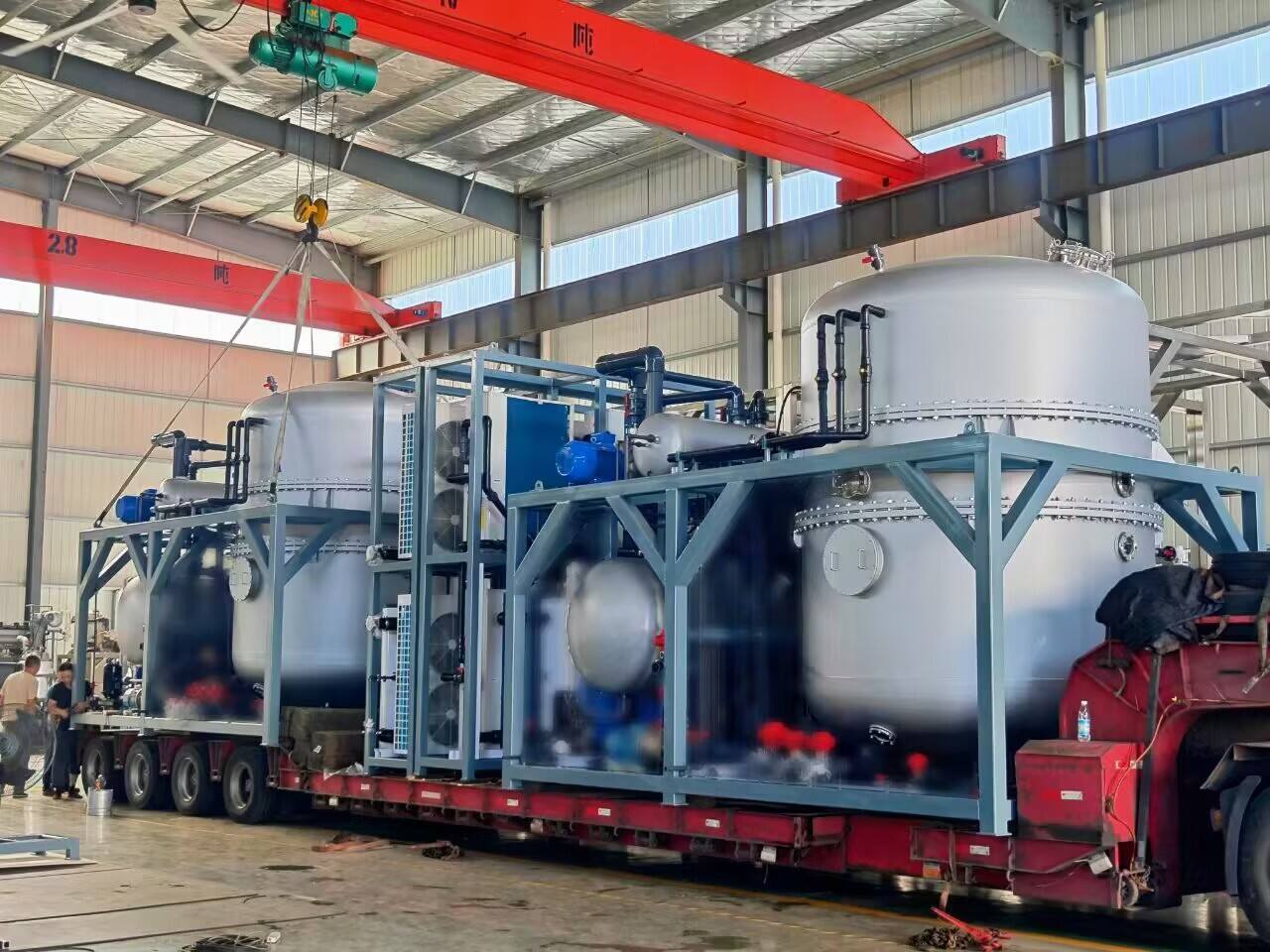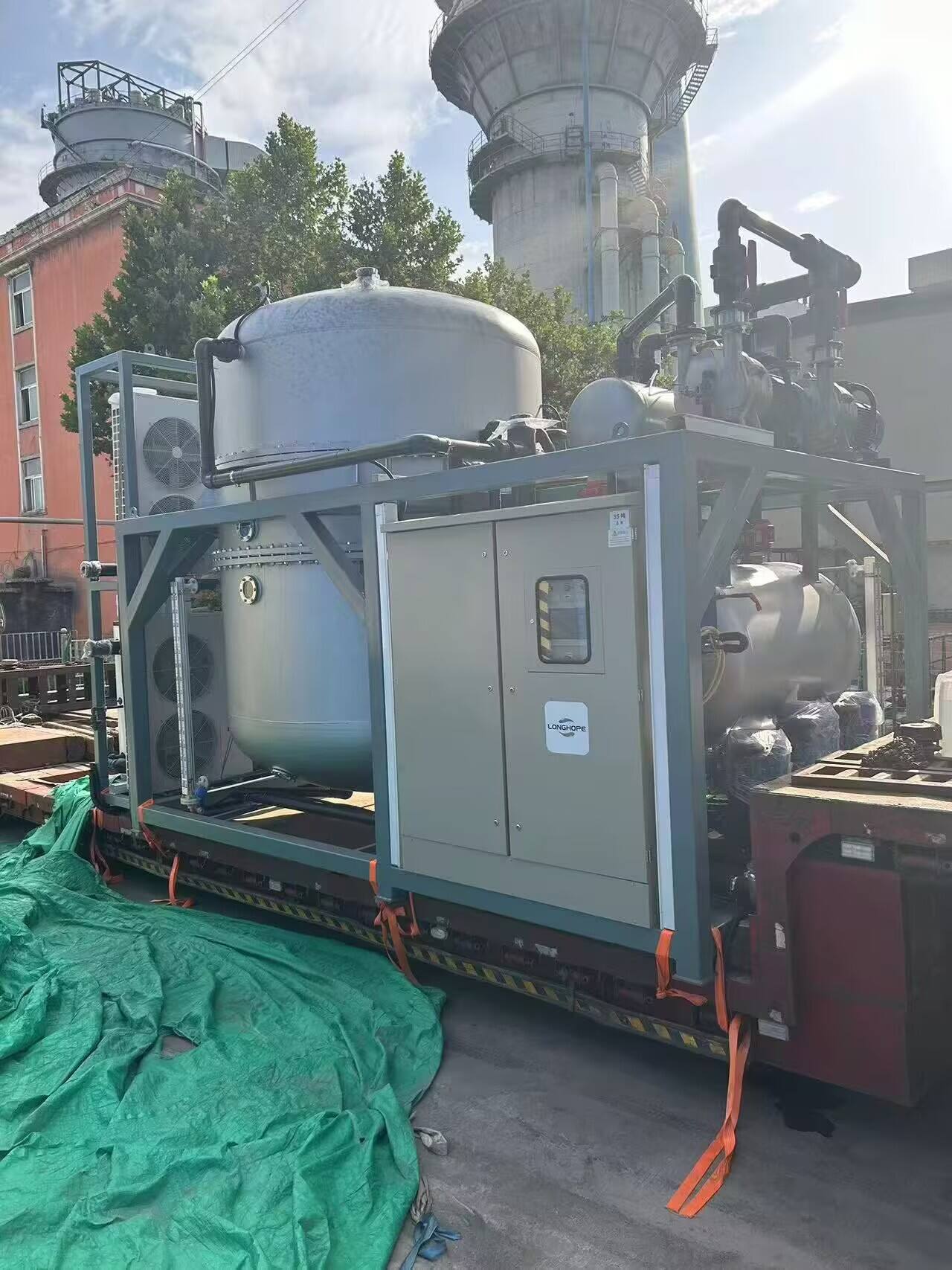laboratory vacuum evaporator
A laboratory vacuum evaporator is a sophisticated piece of equipment designed to efficiently remove solvents from samples through the combined processes of vacuum and rotary evaporation. This essential laboratory instrument operates by reducing pressure within a rotating flask, which significantly lowers the boiling point of solvents, allowing for gentle and efficient separation at lower temperatures. The system typically consists of several key components: a vacuum pump, a condenser unit, a rotating flask mechanism, and a heating bath. The vacuum pump creates the low-pressure environment necessary for evaporation, while the condenser captures and converts vaporized solvents back into liquid form for collection. The rotating motion of the flask creates a thin film of the sample, increasing the surface area exposed to evaporation and ensuring uniform heating. Temperature control is maintained through a precision heating bath, which can be adjusted according to specific application requirements. These evaporators are widely used in chemical laboratories, pharmaceutical research, and academic institutions for various applications, including sample concentration, solvent recovery, and chemical separation processes. The system's ability to handle both small and large volume samples, coupled with its precise control over temperature and pressure, makes it an indispensable tool for modern laboratory operations.


